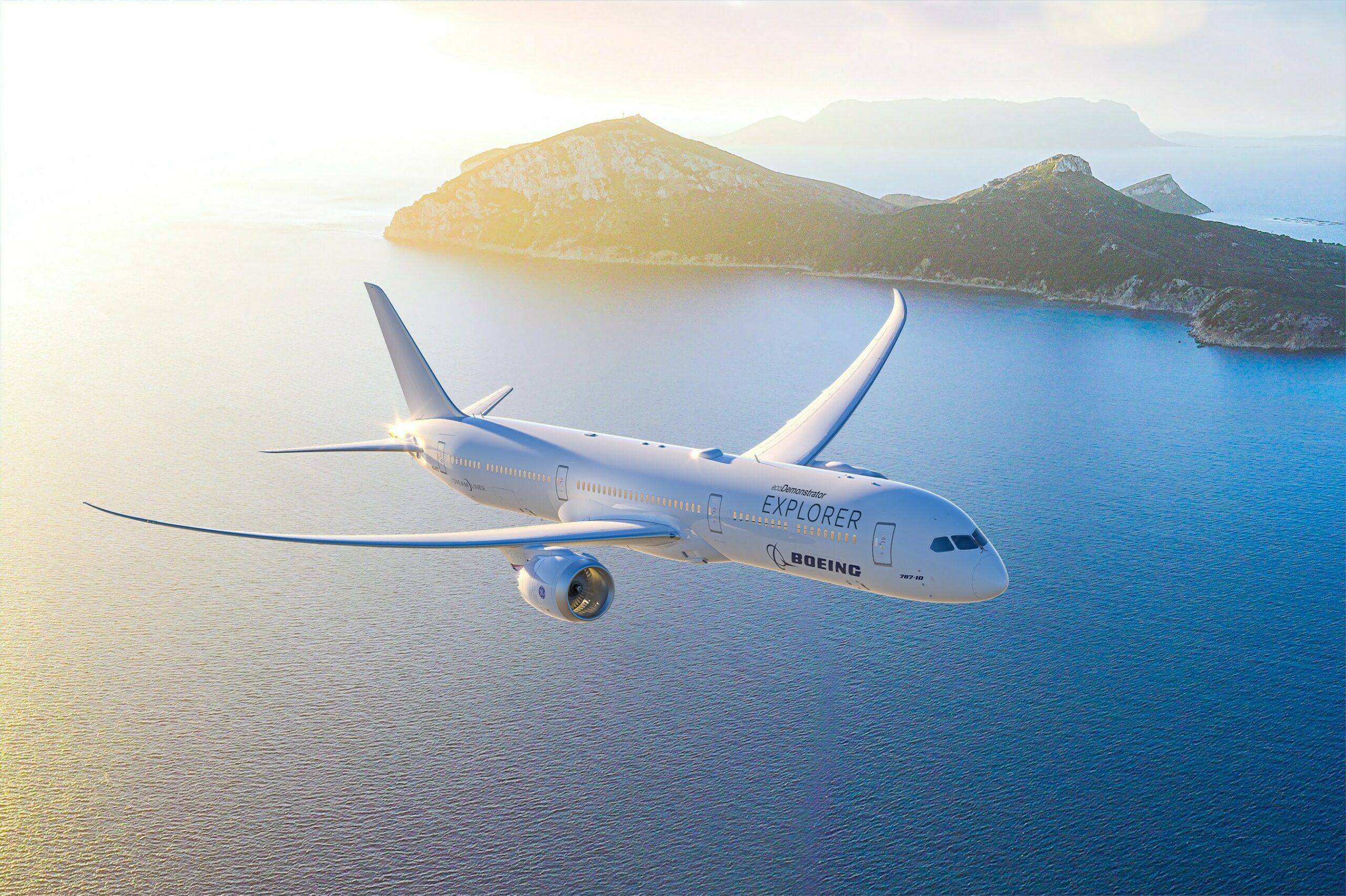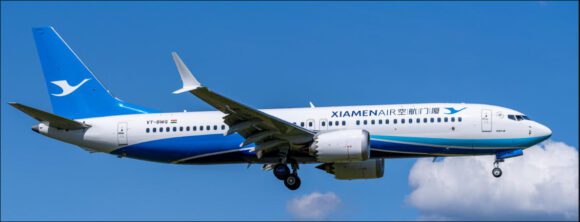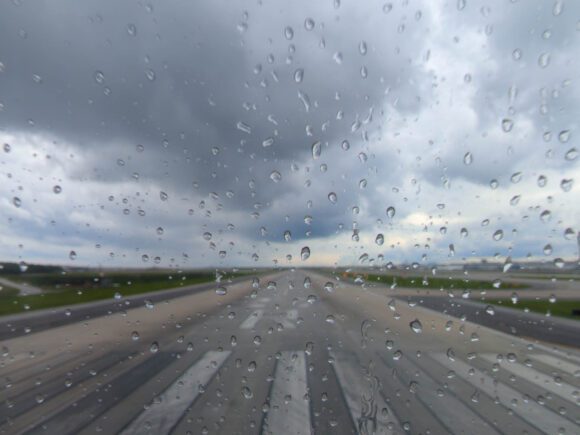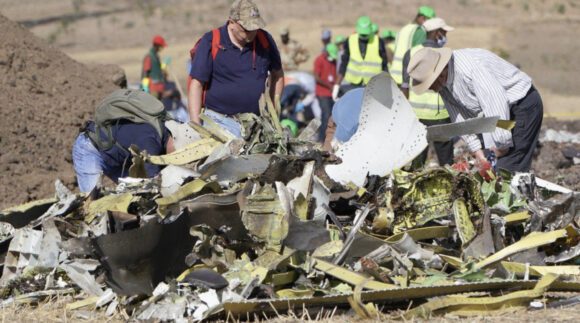
ecoDemonstrator Explorer787 Boeing scaled
Boeing announced last week that it will add a 787-10 to its ecoDemonstrator technology program, making it the first of the so-called Explorer aircraft. The Dreamliner will complement the current 777-200ER ecoDemonstrator that has been in use since mid-2022. Boeing’s ecoDemonstrator gets support from the 787-10 Explorer.
The airframer hasn’t shared details of the specific 787-10 aircraft that it intends to use, but given the region where she is to do her testing, it seems likely that the Dreamliner will be one for Singapore Airlines. Boeing said in a media statement that the Dash 10 “will conduct flight tests in June from Seattle to Tokyo, Singapore, and Bangkok to demonstrate how coordinating navigation across global airspace jurisdictions can improve operational efficiency, which can reduce an airplane’s fuel use and emissions by up to ten percent.”
The release adds: “Utilizing today’s onboard capabilities, Boeing and air navigation service providers (ANSPs) in the US, Japan, Singapore, and Thailand will collectively sequence the airplane’s routes to achieve the optimal flight path across multiple regions, factoring in conditions such as weather, air traffic, and airspace closures. The airplane will fly on the highest available blend of sustainable aviation fuel (SAF) at each location.”
The 787-10 will be the third Dreamliner to be used for the ecoDemonstrator project, which Boeing started in 2012. In 2014, a 787-8 was also used to demonstrate various new technologies. In 2020, the 787-10 Greenliner from Etihad Airways joined the program and continues to be tested on missions that look very similar to those planned with the latest ecoDemonstrator. Etihad uses the aircraft to optimize flight profiles and reduced fuel burn, but the 787-10 also tested a SATAVIA system that can help re-route the aircraft to reduce contrail formation.
New technologies on the 777-200ER
The 777-200ER ecoDemonstrator will get updates this year to test nineteen technologies. They include sustainable wall panels in the cargo hold that are made of forty percent recycled carbon fiber and sixty percent resin made from bio-based feedstock. Also new is a fiber optic fuel quantity sensor compatible with 100 percent SAF, and an Electronic Flight Bag application featuring Smart Airport Maps that is a component of Jeppesen FliteDeck Pro-system. This item is to reduce operational costs and supports safe taxi operations with the depiction of contextual airport data.
Boeing says that since the launch of the ecoDemonstrator program in 2012 and including the initiatives for 2023, 250 technologies have been tested that have helped to reduce carbon emissions, improve operational efficiency, and enhance safety and the passenger experience. The first ecoDemonstrator was a 737-800, followed in 2014 by the 787-8, in 2015 by a TUI 757, in 2016 by an Embraer E170, in 2018 by the FedEx 777F, in 2019 by a 777-200, in 2020 by the Etihad 787-10, an Alaska Airlines MAX 9 in 2021, and last year by the 777-200ER. This aircraft will continue testing through 2024.
Views: 17



